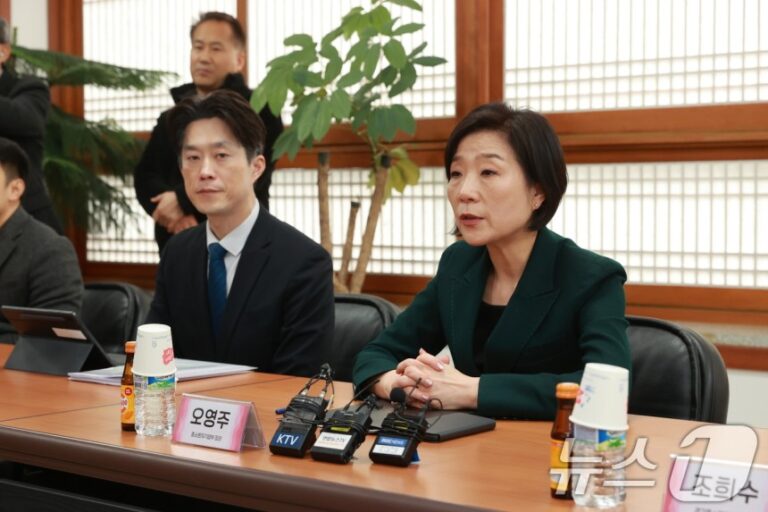Corporate Loyalty Defies Job-Hopping Trend: Major Korean Firms See Increased Employee Tenure
The narrative of constant job-hopping and declining company loyalty appears to be facing a surprising contradiction in South Korea’s largest corporations. Despite economic uncertainties and the widely reported “Great Resignation” phenomenon, employee tenure at Korea’s top 100 companies has actually increased. This counterintuitive trend reveals important shifts in Korea’s corporate landscape and may offer insights into how major companies are adapting their retention strategies in a competitive labor market.
The Numbers Tell a Surprising Story
Average employee tenure at Korea’s top firms has increased modestly but significantly over the past four years, defying global trends toward shorter employment periods.
- The average tenure at the top 100 Korean companies reached 14.03 years in 2024, increasing by 0.48 years since 2020
- Major corporations specifically saw average tenure rise from 13.55 years in 2020 to 13.91 years in 2024
- This upward trend contradicts widespread perceptions of declining company loyalty in the modern workforce
Industry Leaders in Employee Retention
Several companies stand out with remarkably high employee tenure, suggesting effective retention strategies or strong company cultures.
- Kia tops the list with an impressive average employee tenure of 21.80 years
- KT follows closely with employees staying an average of 20.50 years
- SK Incheon Petrochemical rounds out the top three with an even 20.00 years average tenure
- At the opposite end, Doosan Bobcat reported the shortest average tenure at just 3.20 years
Significant Progress in Gender Gap Reduction
One of the most encouraging aspects of the data is the substantial narrowing of tenure differences between male and female employees.
- Women’s average tenure increased dramatically from 11.38 years in 2020 to 12.94 years in 2024
- Men’s tenure showed only a modest increase from 14.29 years to 14.41 years over the same period
- This has resulted in the gender tenure gap shrinking from 2.91 years in 2020 to just 1.47 years in 2024
- The convergence suggests improved workplace policies supporting women’s long-term career development
Notable Company-Specific Shifts
Individual companies have experienced dramatic changes in average tenure, reflecting specific company dynamics or strategic shifts.
- SK Networks showed the most remarkable improvement, with average tenure surging by 4.87 years (from 9.05 to 13.92 years)
- Conversely, Hyundai Motor experienced a significant decline, with average tenure dropping by 3.00 years (from 18.80 to 15.80 years)
- These contrasting trends suggest company-specific factors likely play a larger role than industry-wide conditions

As labor markets continue to evolve, these tenure statistics provide valuable insights for both employers and job seekers. The question remains whether these longer tenures reflect improved employee satisfaction and retention strategies, or if they simply represent cautious employee behavior during economically uncertain times.
Keywords
Employee tenure, Korean corporations, workforce retention, gender gap
Hashtags
#KoreanWorkforce #EmployeeRetention #CorporateLoyalty
한국어 요약
- 2024년 기준 국내 100대 기업의 평균 근속 연수는 14.03년으로, 2020년 대비 0.48년 증가했으며 이는 전 세계적인 ‘대퇴사’ 현상에 반하는 추세
- 성별 격차가 크게 줄어, 여성 근속 연수는 2020년 11.38년에서 2024년 12.94년으로 증가하며 남녀 간 격차가 2.91년에서 1.47년으로 감소
- 기아(21.80년), KT(20.50년), SK인천석유화학(20.00년)이 가장 긴 근속 연수를 기록한 반면, 두산밥캣은 3.20년으로 가장 짧음
- 기업별로는 SK네트웍스가 4.87년 증가한 반면 현대차는 3.00년 감소하는 등 회사별 상황에 따라 큰 차이를 보임







